The best AI tools available in the market have moved from the realm of science fiction to reality, seamlessly, and become an integral part of everyday life. Among the most well-recognized are ChatGPT and Gemini.
The release of ChatGPT toward the end of 2022 marked a milestone in the history of AI as it brought LLMs into the mainstream. Since then, several other AI tools have launched into the market, including AI video editors, image generators, and many more.
Gemini is Google’s AI platform, released in 2023 as a direct response to ChatGPT. Given that, it pays to compare these two AI solutions, which is exactly what we do here. So, keep reading to discover how ChatGPT and Gemini stack up in terms of setup, user experience, and other features.
Getting Started
When it comes to initial interaction, there are some key differences between ChatGPT and Gemini. ChatGPT is accessible via its own website and offers both a basic free service and more advanced paid options like ChatGPT Plus for $20 a month or ChatGPT Pro for $200.
Similarly, Gemini is free through its website, while its Advanced service comes at a cost. Both LLMs were trained on data stopped at some point in time and use web searches to find the most recent information.
To get started with ChatGPT, users have to log in by visiting chat.com or by downloading the Windows, Mac, or mobile app. In the home page of ChatGPT, users can input any text, image, or audio prompts and get responses from it. Users can revise the original prompt, change the response, like it, dislike it, or share it.
For users of Gemini, this is very straightforward. Users only need to agree to a certain privacy policy and can immediately type whatever they want. Also available on mobile, for more convenient users. Similar to the disclaimer shown by other AI systems: “Gemini may make mistakes, including about individuals, so verify its information.” It also can work on visual prompts with uploads possible alongside textual ones for responses.
While ChatGPT is often hailed as the leader among AI models, Gemini may outrank it in terms of user experience. Much of that has to do with its strong integration with other solutions across the Google ecosystem, be it Gmail, Google Docs, and many others.
This gives the user realistic applications of AI-generated content, greatly enhancing productivity especially for those that need to send a high volume of emails.
This is not to say the user experience with ChatGPT suffers because of this. ChatGPT takes integration seriously, too, touting an API that allows developers to embed OpenAI LLMs into third-party software. The only native integration it has with Apple Intelligence is via Siri, but it’s simple for users to copy and paste text or code created in ChatGPT into other apps.
Both platforms offer a voice mode-ChatGPT Advanced Voice mode and Gemini Live-allowing users to have conversational interactions as if talking to a human. ChatGPT has a slight edge here because its voice mode can also use your camera-on mobile-enabling users to ask it questions about its surroundings.
Image Generation
ChatGPT and Gemini are rather head-to-head regarding the image creation issue. ChatGPT was supplemented by DALL-E 3 for generating images, and Gemini came with Imagen 3. Both are very efficient AI image generators, capable of producing stunning images generated with AI, thus becoming the best among today’s existing AI image generators.
How to Compare Features
On the feature front, ChatGPT certainly has a lot going for it. It includes things like Canvas for opening up another window, Projects for keeping track of interactions, and a search feature that works like a conversational search engine. Compared to that, Gemini comes across as a little underpowered.
Data Storage and Privacy
So, yes, both ChatGPT and Gemini retain the information input by users. If that is a big concern, there are other places to explore, like AI Writer tools for privacy-focused services.
As for ChatGPT, all user prompts and questions are stored, and even though they can be deleted from the platform’s archive by the user, they may still be used to train its LLM. However, ChatGPT does state that users ultimately own all inputs and outputs.
For Gemini, conversations are stored in a user’s Google account for 18 months, though this time frame can be changed to three or 36 months depending on the individual settings. As claimed, the data collected would serve in improving or personalizing services, but ultimately might be a method for better-targeted ads.
ChatGPT vs. Gemini: Responses Compared
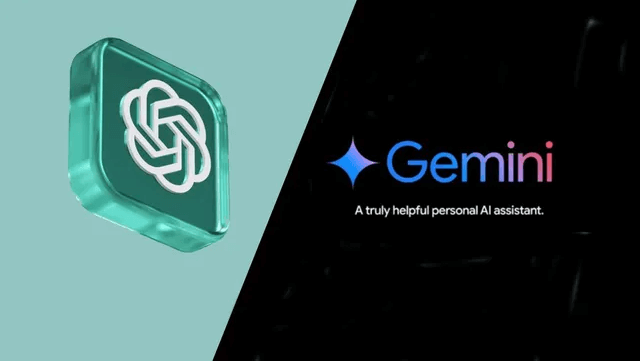
A clear way to compare the two platforms is by analyzing their outputs. For example, we entered two identical textual prompts into both platforms: “What is the meaning of Christmas? ” Gemini’s response was shorter and more to the point, focusing on when Christmas is celebrated, a few traditions, and the origin of the word.
While ChatGPT’s response was more elaborate and subtle, underlining that “the meaning of Christmas varies depending on cultural, religious, and personal perspectives.
The preference for one over the other, however, greatly depends on what you are looking for: a factually correct answer or something more creative. In our test, Gemini proved stronger in providing short and straightforward information, while ChatGPT provided an in-depth and nuanced response.
Our Verdict
But for the time being, ChatGPT has the better feature set of the two generative AI machines. Gemini, on the other hand, is integrated into all Android devices for ease of use and seamless access to AI-powered responses. Also, its integration into Google Docs is still in its infancy and will continue to grow throughout 2025.
If you just need an AI to ask simple questions to, there isn’t much difference between the two. For now, however, the extra features that ChatGPT provides make it our preferred choice.

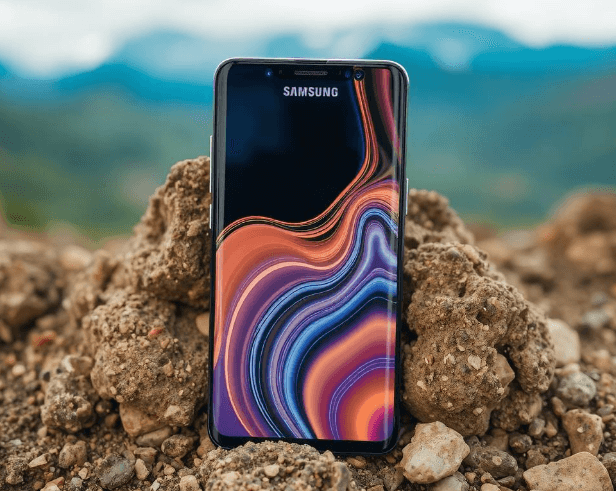

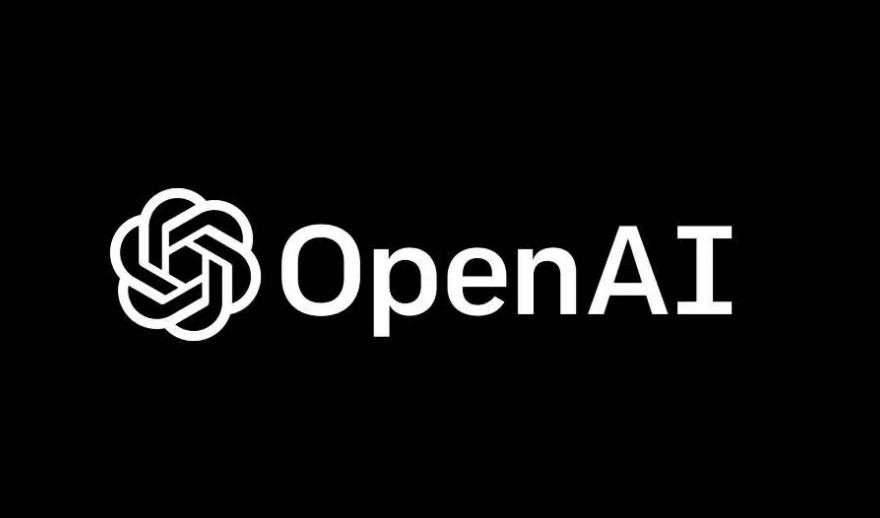

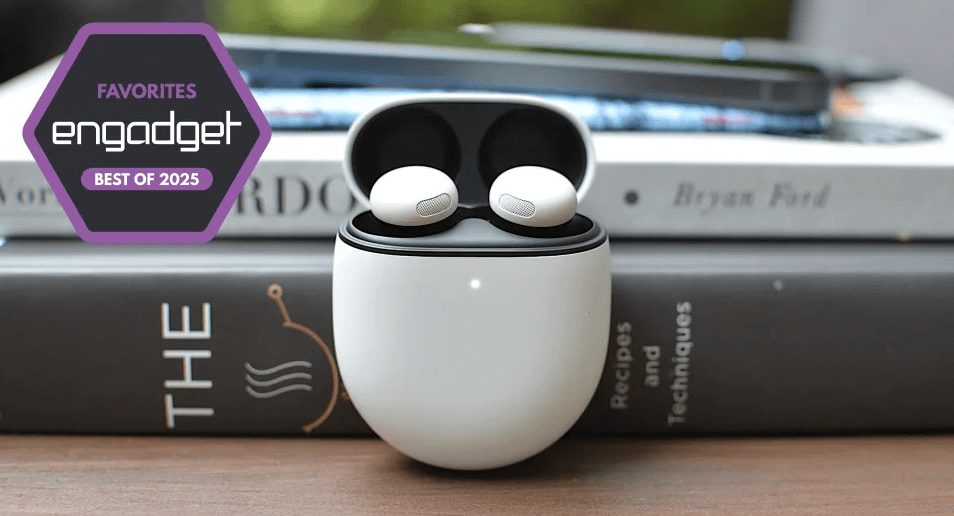
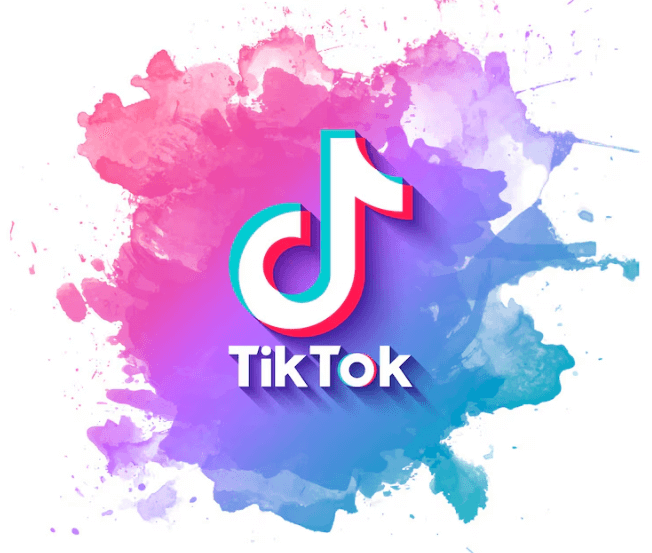
Leave a Reply